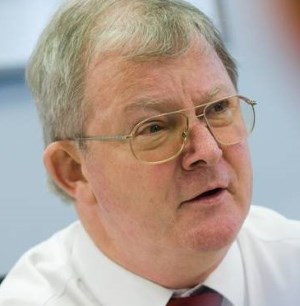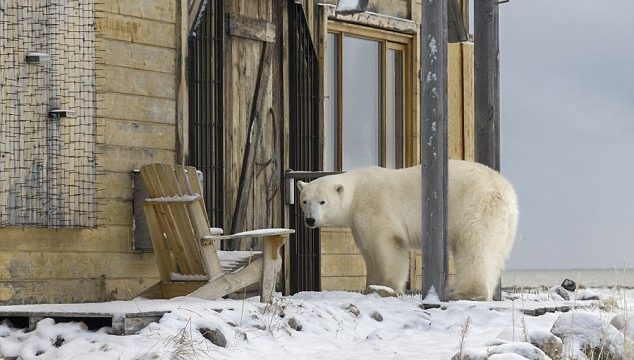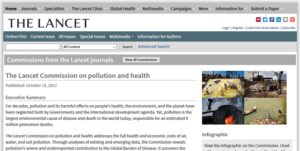from The Global Warming Policy Foundation
Financial Times Deutschland, 5 October 2012
The EU Energy Commissioner opposes a tightening of the EU’s climate targets. Instead, energy policy should focus more closely on the needs of European industry. In Berlin, Günther Oettinger made jokes about the green “do-gooders” in his own party.
Günther Oettinger fears the decline of Europe if energy prices continue to rise and competitiveness deteriorates further compared to the United States and other parts of the world. He wants to convince his colleagues in the European Commission to introduce an industrial policy objective instead of new climate targets. At a meeting of the European Christian Democrats (EPP) in Berlin last night, Oettinger said the share that manufacturing contributes to the GDP of the economies of the EU should increase from currently 18 percent to 20 percent. Within the European Commission, he is fighting for a corresponding definition.
His appearance before a few dozen party members in Berlin’s Adlon Hotel was a day of reckoning with the EU’s energy and climate policies. Energy policy had long been climate policy, he said, but in the future it must be industrial policy. Continue Reading →
Views: 350










